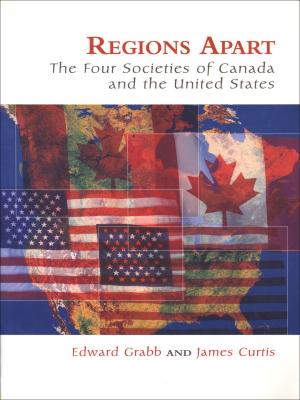The Prairie West to 1905
A Canadian Sourcebook
Nonfiction, History, Americas, Canada, Fiction & Literature| Author: | ISBN: | 9780199010578 | |
| Publisher: | Oxford University Press Canada | Publication: | December 15, 2009 |
| Imprint: | Language: | English |
| Author: | |
| ISBN: | 9780199010578 |
| Publisher: | Oxford University Press Canada |
| Publication: | December 15, 2009 |
| Imprint: | |
| Language: | English |
When the prairie region was transferred to Canada from the Hudson's Bay Company, the central government acquired control over a territory that had a 200-year history of economic and cultural interchange between Indians mixed-bloods, and whites. The federal government was determined to administer the new lands in the interests of the dominion as a whole, and to that end the relationship of the prairie west to the central government was to be that of a colony, a statement borne out by the acts establishing Manitoba and later Saskatchewan and Alberta as provinces, for control over the public lands and resources in all three provinces was retained by the federal government until as late as 1930. Furthermore, the federal government wished to see established in the prairie west a society based on the values that were thought to be embodied in Central Canada, the values of a peaceful, ordered, and law-abiding community-essentially British values.
When the prairie region was transferred to Canada from the Hudson's Bay Company, the central government acquired control over a territory that had a 200-year history of economic and cultural interchange between Indians mixed-bloods, and whites. The federal government was determined to administer the new lands in the interests of the dominion as a whole, and to that end the relationship of the prairie west to the central government was to be that of a colony, a statement borne out by the acts establishing Manitoba and later Saskatchewan and Alberta as provinces, for control over the public lands and resources in all three provinces was retained by the federal government until as late as 1930. Furthermore, the federal government wished to see established in the prairie west a society based on the values that were thought to be embodied in Central Canada, the values of a peaceful, ordered, and law-abiding community-essentially British values.















